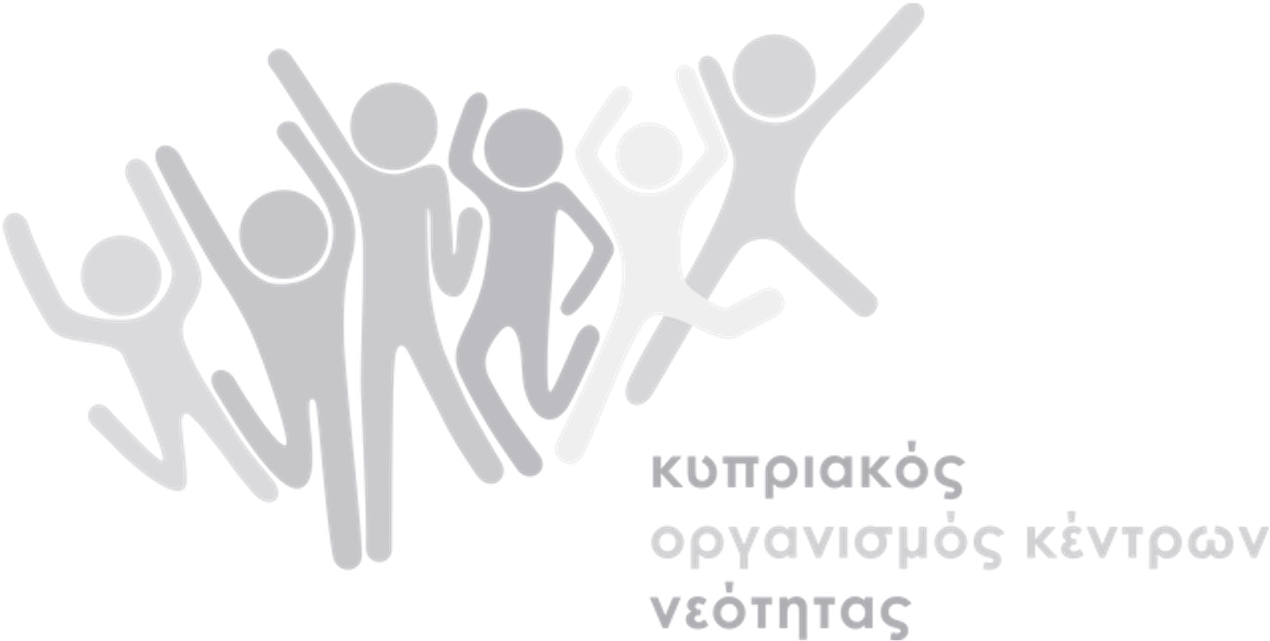The Programme
Citizen participation and the right to participate have often been overlooked across Europe – the constant socio-political changes of the last two years, as well as health restrictions and measures to prevent the spread of COVID19 have intensified the phenomenon and nationalist movements have risen in the polls in most European countries. The lack of stability and trust in government affects society in ways we are still exploring, and the groups most affected are children and young people. According to the report “The pandemic hits young people: The social, economic and psychological impact of COVID-19 on young people in Europe”, produced by the European Youth Forum, with responses from more than 4500 young people across Europe in 2021, almost one in five young people who are not in education, employment or training experience discrimination when looking for a job, young people in marginalised situations were more than twice as likely as other young people to have stopped working and around three quarters of students in marginalised situations believed they were learning significantly less or slightly less as a result of the pandemic. The lack of social interaction and the lack of opportunity to develop social ties and connections seems likely to affect children and young people throughout their lives.
The scope of the project is to support the democratic and political engagement of young people and to enhance the importance of citizen participation and representation in the decision-making process in Europe, in particular of disadvantaged groups, as a contribution to raising awareness and empowering citizens to make informed decisions, helping them to identify misinformation and promoting citizen participation in the 2024 European Parliament elections.
The proposed work packages are aligned with the overall objective of the call and with the strategy to strengthen the implementation of the EU Charter of Fundamental Rights 2020-2030, focusing on the pillars linked to the empowerment of civil society organisations.

Funded by the European Union. Views and opinions expressed are however those of the author(s) only and do not necessarily reflect those of the European Union or European Education and Culture Executive Agency (EACEA). Neither the European Union nor the granting authority can be held responsible for them.
Grant Agreement Number: 101081584
Funded by: CERV



